The imposition of tariffs on countries importing goods into the United States will have significant effects on countless industries, including the tobacco sector. Though uncertainty looms, for Canadian tobacconists, this may present a unique opportunity to connect with Canadian consumers and grow their business.
As I write this, the mid-April weather is warming up in Canada and thoughts are turning to enjoying cigars outside once again. Across the country, Canadian cigar lovers are emerging from the refuge of indoor smoking spaces and will return to enjoying cigars the way they were meant to be enjoyed – outside in the fresh air.
The trees are starting to blossom, kids have returned to playing outside, the birds are chirping – and all the while, a global trade war exisits with the United States.
A Cigar Trade War
With sweeping tariffs being slapped on nearly all imports into the USA, American cigar retailers, distributors, manufacturers, and consumers will likely feel the effects of rising costs pertaining not only cigars, but also cigar accessories which are typically manufactured in China.
At the time of the announcement, US-imposed tariffs on Nicaragua were set at 19%, with the Dominican Republic and Honduras each set at 10% (at the time of writing, Nicaraguan tariffs have since been adjusted to 10%).
Tariffs for China, Donald Trump’s biggest target, are currently set at a staggering 145% (all of these numbers could change overnight, of course).
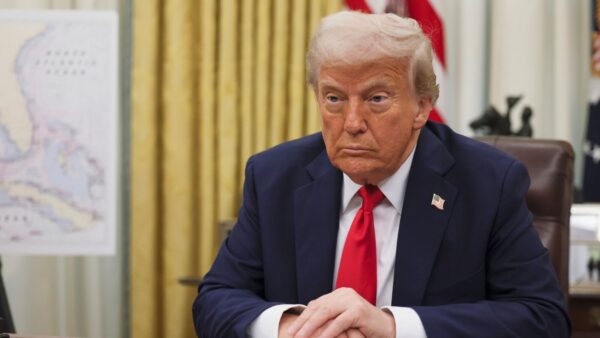
The tariffs, which are generally paid by the importer, are intended to protect domestic industries by making imported goods more expensive, thus encouraging consumers to purchase domestically produced items. The problem with cigar production in the United States is that it is heavily dependent on imports. Even the comparatively small number cigars that are made in the United States rely primarily on tobacco and raw materials (like boxes and packaging) that is imported from other countries. Coupled with the fact that labor is much cheaper in Latin America, this would most likely result in American-made cigars becoming equally, if not more expensive than the imported ones.
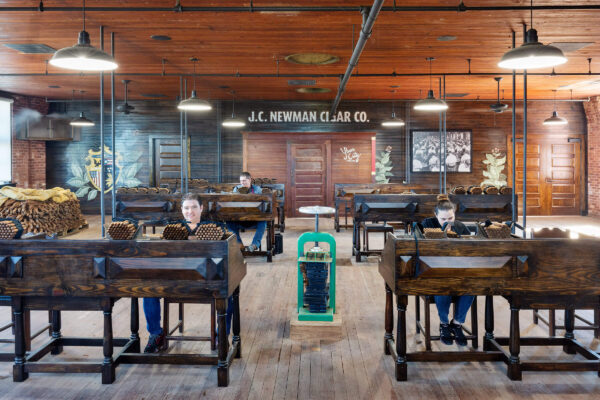
Cigar rollers at the J.C. Newman cigar factory in Tampa, Florida, USA (image: J.C. Newman Cigar Co.)
“We are monitoring the situation and engaging with appropriate stakeholders to protect the robust premium cigar market in the United States,” said Joshua Habursky, executive director of the Premium Cigar Association (PCA). “The administration is well aware of the importance of small business retail in main streets across the country, and we are hoping to mitigate cost burdens on retailers, manufacturers, and consumers overall. America is first in the premium cigar retail space, and we plan to continue to hold that position.”
Despite this assertion, the rising costs of retail cigars and accessories in the USA, coupled with a struggling Canadian dollar will likely continue to make travelling south to shop for cigars less appealing for Canadians.
Staying Put
As a result of the trade war and surmounting uncertainties with our former closest ally, Canadian travel to the USA has dropped substantially. Passenger bookings on Canada-US routes are reportedly down by 70% compared to the same period in the previous year.
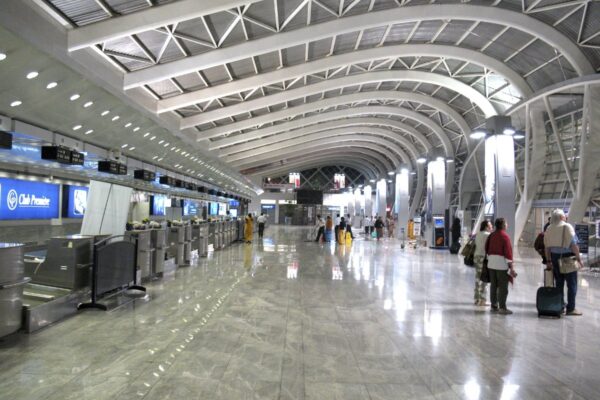
This means that Canadians are currently choosing to stay put in Canada, and as a result, larger numbers of aficionados will likely shop local to source cigars from Canadian retailers, whose pricing may soon seem more competitive than before in comparison to the United States.
For Canadian retailers, this may present an opportunity to gain new customers that have been buying cigars in the United States.
Shopping Local
Beyond the Shop Local movement, it turns out that the rapidly-growing movement to ‘Buy Canadian’ can actually apply to cigars too.
For nearly a half-century, House of Horvath have been a Canadian manufacturer of cigars. Although the tobacco they use typically comes from countries like Ecuador or Nicaragua (Canada does not traditionally produce cigar tobacco), the cigars are made in Canada, in the heart of Toronto.
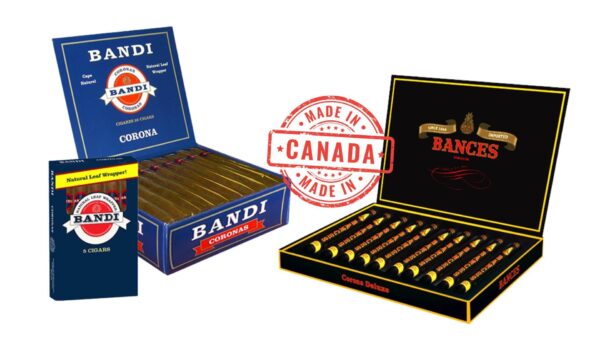
Among their most popular products are Bances Corona Claro and Bandi Corona Claro.
A Sense of Community
For Canadian aficionados, one often overlooked upside to buying from a local tobacconist is the potential to enjoy a sense of community. Today’s forward-thinking Canadian tobacconist understands the need to socialize his or her patrons, and be much more than simply a place to buy a cigar.
Heading into the summer months, many Canadian tobacconists are actively planning cigar-related events to build on a sense of community with their customers.
Dinners, themed-events, golf tournaments, boat cruises, local meet-ups, and vintage car “show and shines” are among the many events that are tied in with Canadian tobacconists, and serve to foster the opportunity to feel like a part of a larger community with those who share a passion for cigars.
As another plus, many events are tied in with charities too.
And there may even be reason for Americans to buy more cigars in Canada too.
Historically, Americans have come to Canada to purchase Cuban cigars that are restricted for sale in the US as a result of the decades-long trade embargo with Cuba. If the cost of New World cigars do rise in the US, buying a Cuban cigar in Canada may seem even more appealing for American travellers, especially given the favorable exchange rate they’ll receive.
Stay Tuned
Of course, with the recent tariffs, Canadian retailers may not immune to rising prices. Adjustments in the supply chain to manage the US tariff-induced costs may also lead to increased pricing in other countries. With tariffs being applied, paused, adjusted, and re-applied on the daily, only time will tell how everything pans out.
For now, your best bet is to seek out your next cigar from a local Canadian tobacconist to quietly reflect on it all.
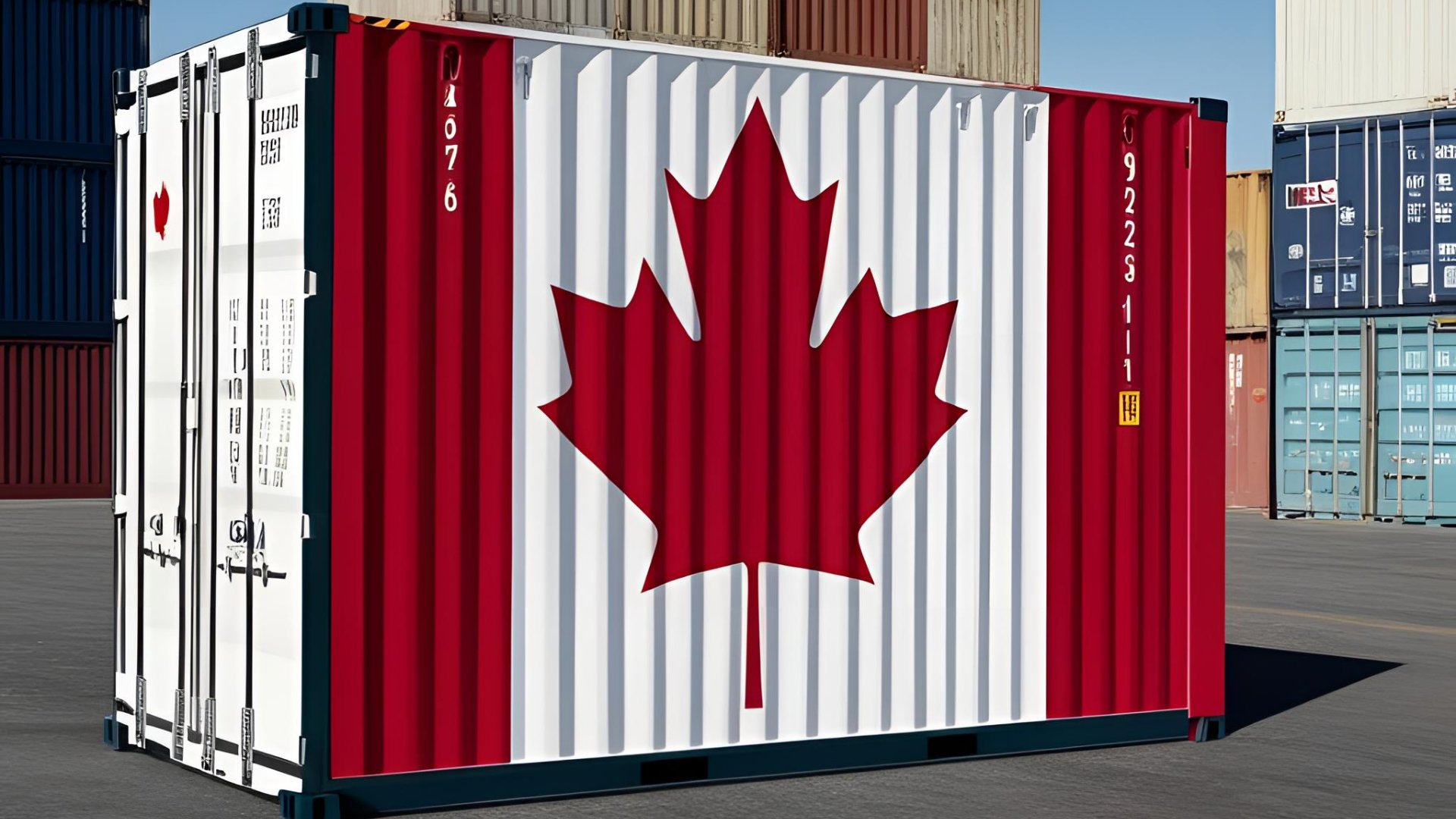
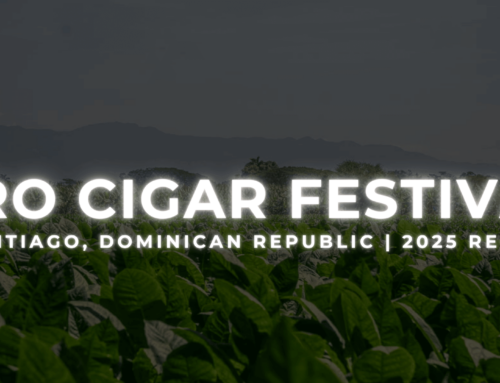
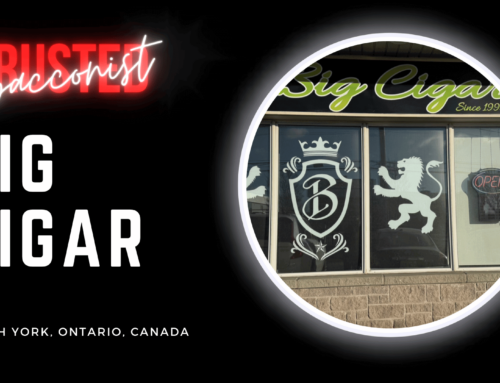
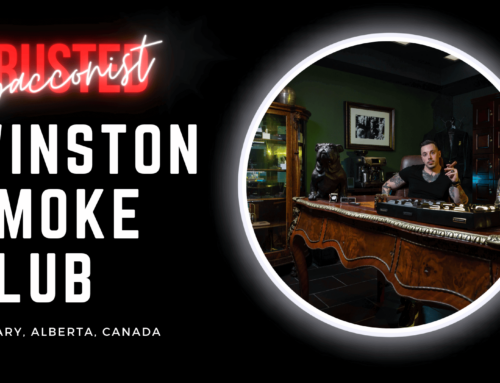
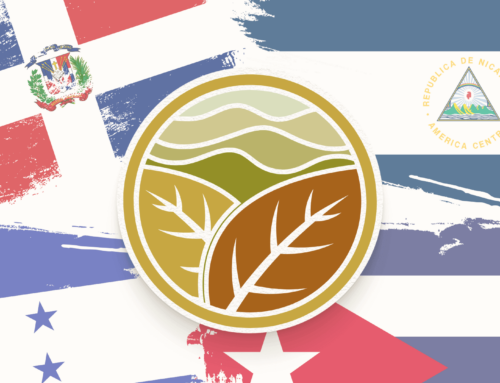
Leave A Comment
You must be logged in to post a comment.